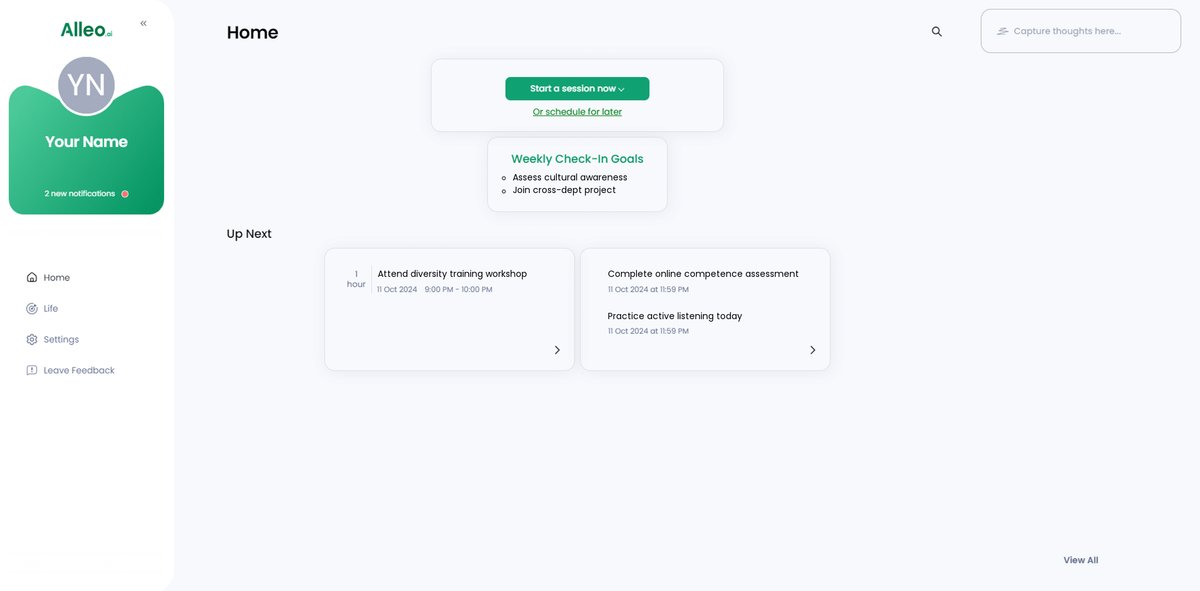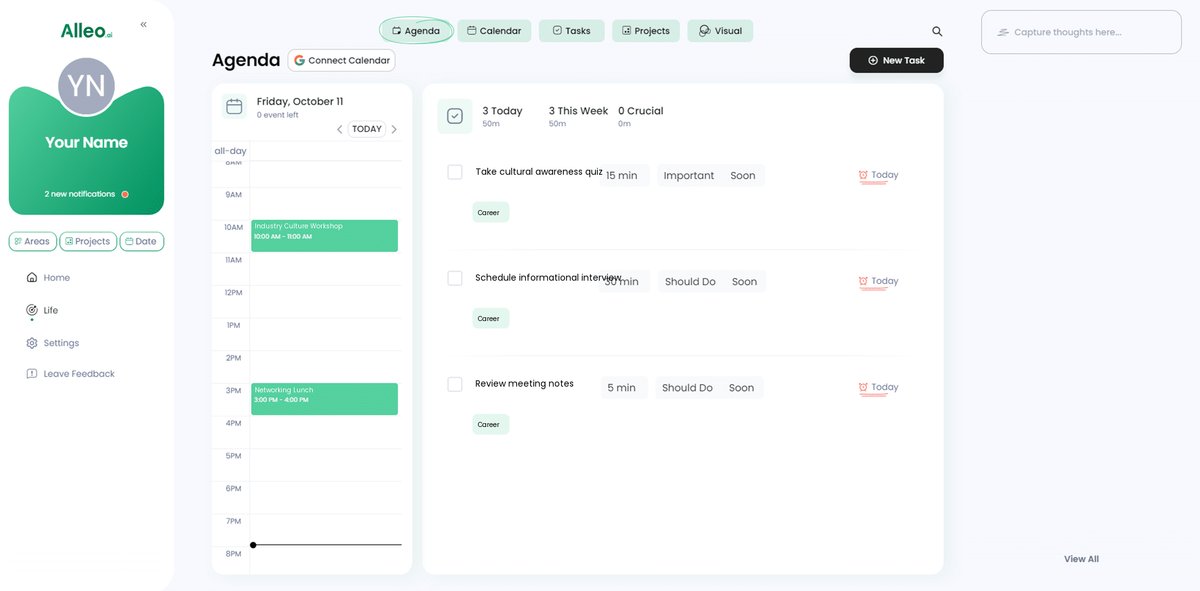Mastering New Industry Cultures: Expert Strategies for Professional Success
Have you just stepped into your first job, only to find that adapting to new workplace cultures is more challenging than you expected? Many professionals experience industry culture shock when transitioning careers.
As a life coach, I’ve helped many professionals navigate these challenges and improve their professional adaptability. I understand the uncertainty you feel in how to contribute and communicate effectively, especially when faced with workplace culture differences.
In this article, you’ll discover proven strategies to build confidence in your professional role and overcome professional culture barriers. We’ll cover developing cultural competence, building professional networks through cross-industry networking, and practicing active listening to understand industry-specific communication styles.
Let’s dive in and explore how to successfully immerse yourself in a new corporate culture.

Understanding the Struggles of Adapting to New Industry Cultures
It’s not just you—many new graduates find the transition to professional life daunting. The shift from academic to corporate culture can feel like stepping into an entirely different world, especially when adapting to new workplace cultures.
For example, several clients report feeling unsure about how to contribute effectively in meetings. This uncertainty often leads to a lack of confidence, impacting overall performance and professional adaptability.
In my experience, people often find that their communication skills, honed in school, don’t always translate well to the workplace. This mismatch in industry-specific communication styles can create significant stress and hinder career progress, contributing to industry culture shock.
Let’s unpack this further.
Key Steps to Adapt to New Industry Cultures
Overcoming this challenge of adapting to new workplace cultures requires a few key steps. Here are the main areas to focus on to make progress in your career transition:
- Develop Cultural Competence Through Self-Assessment: Start by evaluating your understanding of cultural diversity using online tools to overcome industry culture shock.
- Build Professional Networks Across Departments: Expand your network by joining cross-departmental projects and attending company events, enhancing your cross-industry networking skills.
- Practice Active Listening in Team Discussions: Focus on listening more than speaking, and reflect on feedback from colleagues to improve professional adaptability and understand industry-specific communication styles.
Let’s dive in to explore these strategies for adapting to new workplace cultures!
1: Develop cultural competence through self-assessment
Understanding cultural competence is crucial for adapting to new workplace cultures and industry environments.
Actionable Steps:
- Evaluate your cultural awareness. Use online tools to assess your understanding of cultural diversity and workplace culture differences.
- Participate in diversity training. Attend workshops or webinars by your company or external organizations to improve professional adaptability.
- Set improvement goals. Identify areas for development in corporate culture immersion and track progress with regular self-checks.
Explanation:
These steps help you become more culturally aware, which is essential in today’s diverse workplaces. For example, attending diversity training can provide practical insights for overcoming professional culture barriers.
According to CDC, cultural competence involves understanding and valuing diversity, which can improve workplace interactions and aid in adapting to new workplace cultures.
Key benefits of developing cultural competence include:
- Enhanced communication skills for industry-specific communication styles
- Improved teamwork and collaboration through cross-industry networking
- Greater adaptability in diverse environments and skill transferability in new sectors
Developing cultural competence is the first step towards building a more inclusive and effective professional network when adapting to new workplace cultures.

2: Build professional networks across departments
Building professional networks across departments is crucial for adapting to new workplace cultures and enhancing collaboration, especially when experiencing industry culture shock.
Actionable Steps:
- Volunteer for cross-departmental projects. Join projects that involve multiple teams to expand your network, understand diverse roles, and improve your professional adaptability.
- Schedule informational interviews. Reach out to colleagues from other departments for coffee chats to learn about their experiences and gain insights into workplace culture differences.
- Attend company-wide events. Participate in town halls and team-building activities to meet new people, build relationships, and facilitate corporate culture immersion.
Explanation:
These steps matter because they help you connect with colleagues across your organization, fostering collaboration and support while adapting to new workplace cultures.
According to McKinsey, engaging employees from different levels can drive lasting change and improve skill transferability in new sectors.
Building a professional network is essential for both personal growth and organizational success, particularly when navigating industry-specific communication styles.
Taking the initiative to build these connections will set a strong foundation for your professional journey and help in overcoming professional culture barriers.

3: Practice active listening in team discussions
Active listening is crucial for understanding and effectively contributing in team discussions, especially when adapting to new workplace cultures.
Actionable Steps:
- Focus on listening more than speaking. During meetings, make a conscious effort to listen actively by taking notes and asking clarifying questions, which is essential for overcoming professional culture barriers.
- Reflect on feedback received from colleagues. After discussions, review the feedback given and think about how to incorporate it into your work, enhancing your professional adaptability.
- Engage in team-building exercises. Participate in activities or games designed to improve communication and listening skills within your team, aiding in corporate culture immersion.
Explanation:
These steps matter because active listening helps you understand your colleagues’ perspectives better and contributes to effective teamwork, which is crucial when adapting to new workplace cultures.
According to Scrum.org, engaging in team-building exercises can enhance collaborative efforts.
Building strong listening skills will make you a more valued team member and improve your overall performance, particularly when navigating workplace culture differences.
Indicators of effective active listening include:
- Asking thoughtful follow-up questions
- Summarizing key points accurately
- Providing constructive and relevant feedback
Developing active listening skills will help you navigate professional discussions more confidently and effectively, a key aspect of adapting to new workplace cultures.

Partner with Alleo on Your Professional Journey
We’ve explored the challenges of adapting to new workplace cultures, how solving them can benefit your career, and the steps to achieve it. But did you know you can work directly with Alleo to make this journey of adapting to new industry cultures easier and faster?
Setting up an account with Alleo is simple. First, create a personalized plan tailored to your specific challenges, including strategies for overcoming professional culture barriers and improving skill transferability in new sectors.
Alleo’s coach will follow up on your progress in adapting to new workplace cultures, handle changes, and keep you accountable via text and push notifications, helping you navigate industry culture shock and corporate culture immersion.
Alleo offers affordable, tailored coaching support for career transition tips and professional adaptability, just like a human coach. Plus, you get a free 14-day trial with no credit card required to start your journey in adapting to new workplace cultures.
Ready to get started for free and enhance your cross-industry networking skills? Let me show you how!
Step 1: Log In or Create Your Account
To begin your journey with Alleo and start adapting to your new professional environment, Log in to your account or create a new one to access personalized coaching and support.

Step 2: Choose Your Focus Area
Click on “Setting and achieving personal or professional goals” to start tackling the challenges of adapting to your new industry culture, allowing you to set specific objectives that will boost your confidence and effectiveness in your new role.

Step 3: Select “Career” as Your Focus Area
Choose “Career” as your focus area in Alleo to directly address the challenges of adapting to new industry cultures, allowing you to receive tailored strategies for building professional networks, developing cultural competence, and enhancing your active listening skills in the workplace.

Step 4: Starting a Coaching Session
Begin your journey with Alleo by scheduling an intake session to create a personalized plan that addresses your specific challenges in adapting to new industry cultures.

Step 5: Viewing and managing goals after the session
After your coaching session, open the Alleo app to find your discussed goals displayed on the home page, where you can easily track and manage your progress towards adapting to your new industry culture.

Step 6: Adding events to your calendar or app
Use Alleo’s calendar and task features to schedule and track your progress on developing cultural competence, building professional networks, and practicing active listening, helping you stay accountable and measure your growth as you adapt to your new industry culture.

Embrace Your New Professional Journey with Confidence
Embarking on a new career path and adapting to new workplace cultures can be daunting, but you’re not alone. Remember, many recent graduates face similar challenges when navigating industry culture shock.
Developing cultural competence, building professional networks for cross-industry networking, and practicing active listening are key strategies to help you adapt. These steps will boost your confidence and improve your ability to contribute effectively, enhancing your professional adaptability.
Take action today to start seeing positive changes. Implement these strategies for adapting to new workplace cultures and watch how they transform your professional experience.
Partnering with Alleo can make this journey smoother. With personalized coaching and practical tools for overcoming professional culture barriers, Alleo supports your growth every step of the way.
Ready to take the next step in your career transition? Try Alleo for free and experience the difference. Your success in adapting to new workplace cultures is just around the corner!